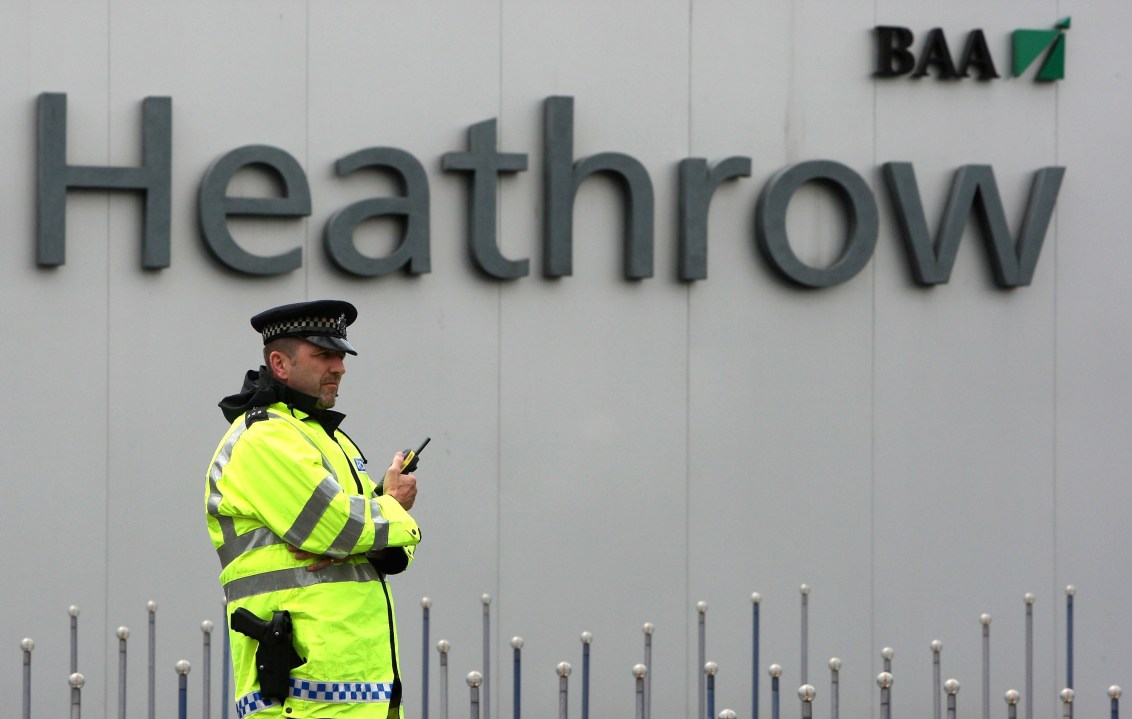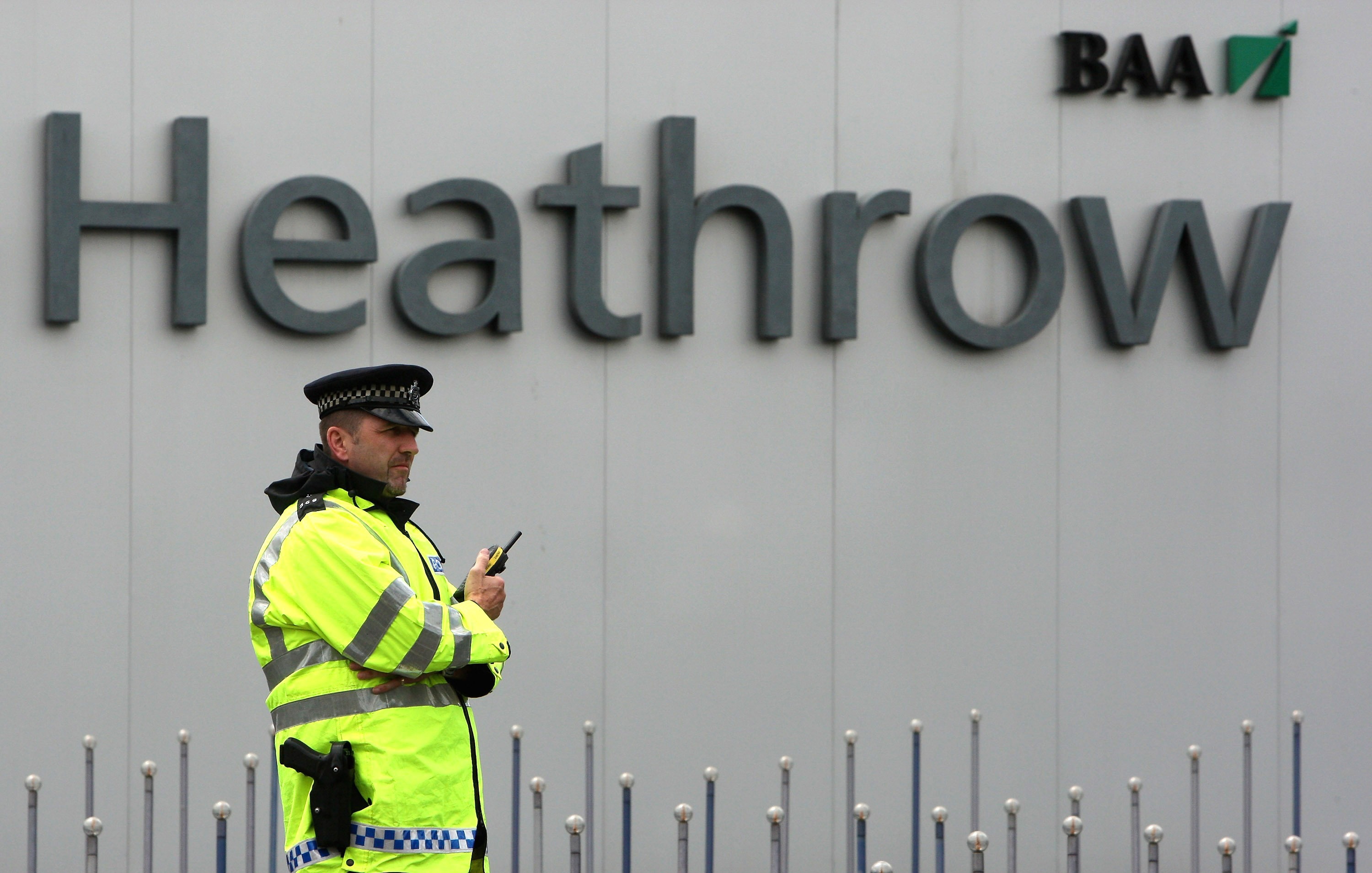The problem is less that the state is malevolent but that it is stupid. And that stupidity means that a lack of malevolence may be a matter of luck, not policy. Or, if you wish to be more generous, the state has the power to crush liberties and its failure to do so on a more consistent, wider, basis is a matter of forebearance or inefficiency more than anything else.
That, at any rate, is one theory to explain why David Miranda, the partner of Guardian journalist Glenn Greenwald, was detained at Heathrow airport for nine hours. If the state wants to fuck you up, as Larkin didn’t quite write, it can. And will. This is not something unique about the British state (unrestrained by oversight though it be). There are, for instance, few more vengeful institutions on the planet that the US Department of Justice.
Miranda – whose laptop and phone were confiscated by police officers – was detained under Schedule 7 of the Terrorism Act. As Greenwald points out, this allows detention “to determine whether that person is or has been involved in the commission, preparation or instigation of acts of terrorism.” Even if you are minded to afford the police some benefit of the doubt it is hard to see how Miranda can sensibly be considered someone involved with the commission, preparation or instigation of acts of terrorism.
On the other hand, it is very easy to suspect that his real “offence” was to work with Greenwald on a series of articles that have embarrassed the British and American governments. This is not yet illegal – as demonstrated by the fact Miranda was released and permitted to return to his home in Rio de Janeiro – though doubtless some officials would like it to be.
Journalists, of course, are especially liable to protest when their activities are monitored in this fashion. Miranda’s case will receive more publicity than more ordinary and, one fancies, more common abuses. If his treatment – uncomplicatedly disgraceful – serves any useful purpose it may be to leave us to ask how many other people are treated so badly and, as a consequence, ask whether Britain’s counter-terrorism laws are, as they say fit for purpose. It is by no means clear that they are.








Comments